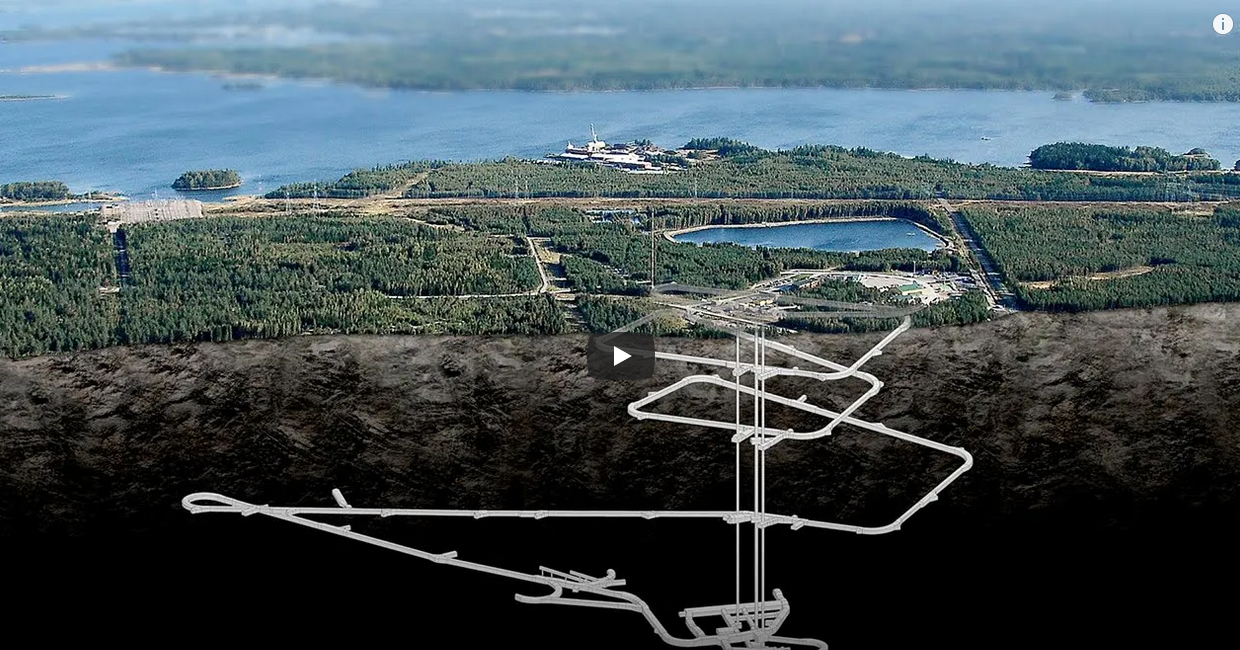Thank you for contacting me about global climate change. I always appreciate hearing from Arizonans about issues facing our state and country. It is important that we have conversations about topics that matter to you and your family, and I hope you will continue to reach out to me and share your perspectives and suggestions.
Scientific consensus shows human activity contributes to global climate change, including rising temperatures and the increasing frequency of extreme weather events. Human activities like deforestation, industrial agriculture, and burning fossil fuels like coal, oil, and gasoline have been identified as some of the most significant factors that contribute to climate change. Natural phenomena like variations in the earth's orbit, the strength of solar radiation, and changes in the reflectivity of our oceans also modestly affect climate change. The scientific community has considered the scale and scope of both human and natural factors and determined that human activity is the primary cause of global climate change, and that action is needed to reduce emissions of greenhouse gases. The potential consequences of failing to address global climate change include increasingly frequent extreme weather events like floods, droughts, hurricanes, and wildfires. These events could lead to food shortages and other economic crises in many places around the world.
I believe this is a pressing issue both globally and nationally, and that members of Congress should come together to advance commonsense solutions to address the challenges posed by global climate change. That is why I introduced bipartisan legislation this year, S. 843, the Carbon Removal, Efficient Agencies, Technology Expertise (CREATE) Act, with Senators Lisa Murkowski (R-AK), Shelley Moore Capito (R-WV), and Sheldon Whitehouse (D-RI). S. 843 creates a new large-scale carbon management program to pursue carbon dioxide removal research and demonstration initiatives. The program will be led by the federal National Science and Technology Council and include officials from the U.S. Departments of Energy, Agriculture, and Defense, as well as the National Oceanic and Atmospheric Administration. The program will work to develop new and existing carbon capture technology that will be commercially available within ten years.
On a separate note, I welcome the Biden Administration's decision to rejoin the Paris Agreement, which went into effect on February 19, 2021. The agreement is not binding and imposes no new regulatory burden. I support the Paris Agreement because it serves as an important starting point to ensure international cooperation on carbon emission reductions.
Those who are concerned about global climate change note that its impacts are becoming more apparent each year, and it is imperative for the United States to lead a global effort to address the consequences of a changing climate. Others contend that the costs associated with combating climate change will negatively affect the U.S. economy.
I believe an all-of-the-above approach, including both traditional and alternative domestic sources of energy, is the best path forward for our country. I support efforts to authorize oil and natural gas development in hydrocarbon reserves on the U.S.-Mexico maritime border, and I am a champion of solar energy development and storage technology right here in Arizona.
I am also proud to have supported three bipartisan energy bills that were included in H.R. 133, the Consolidated Appropriations Act of 2021, which was signed into law on December 27, 2020. The first, the Solar Energy Research and Development Act, renews and modernizes the Solar Energy Technology Program, increasing resources for Arizona's government, universities, and industry to help develop solar technology. Another bill, the Launching Energy Advancement and Development through Innovations for Natural Gas Act, encourages research and development of carbon capture technology for natural gas to ensure a reliable, affordable, and environmentally sound energy supply. And finally, the Integrated Energy Systems Act establishes a research and development program at the Energy Department to analyze energy systems integration, including emission-reducing energy resources and hybrid nuclear energy systems. These smart innovations will create good jobs for Arizona families, reduce our dependence on foreign resources, and protect the environment for future generations.
Thank you for sharing your view on this issue with me. Please do not hesitate to contact our office with any future questions or comments. Additionally, if you would like to stay connected to our office with the latest news, legislation, and other useful information, please visit our website, sinema.senate.gov.




